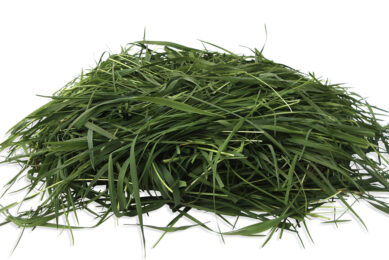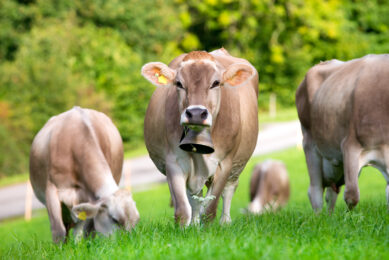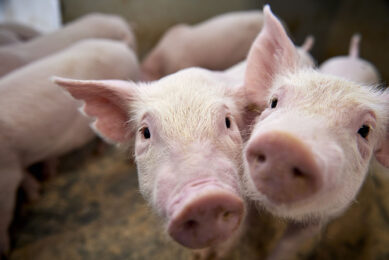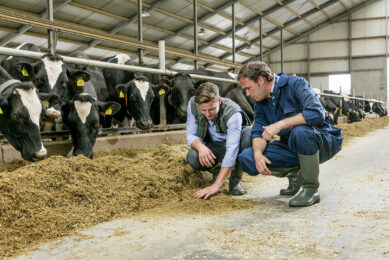“Farmers often miss the mildly lame cows”
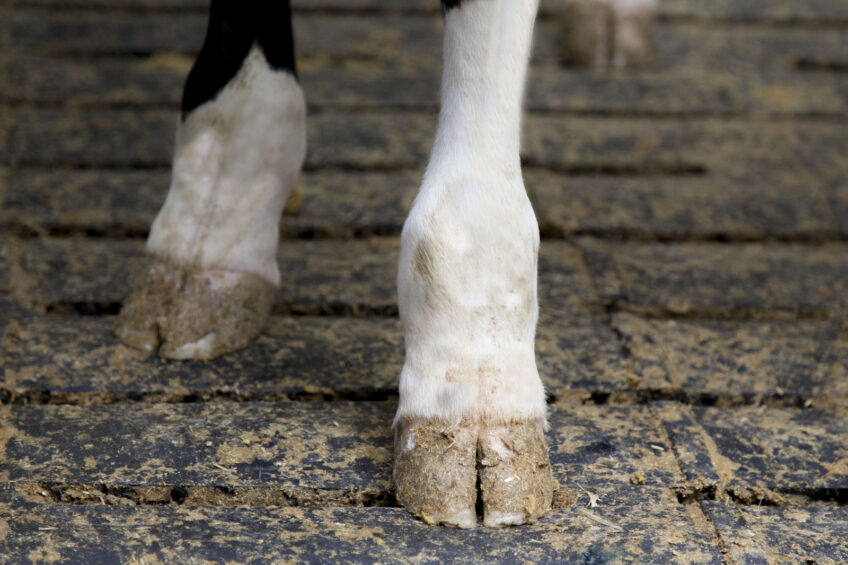
When it comes to effectively managing lameness in dairy and beef cattle, there is no magic bullet. The cause is often complex, involving factors such as housing conditions, management practices, nutrition and the environment. And the biggest opportunity to improve is with the mildly lame cows.
“Since lameness essentially affects everything an animal does in a given day, its impact on animal well-being and productivity – as well as herd profitability – is costly and wide-reaching,” said Mike Socha, Ph.D., regional Research and Nutritional Services (RNS) manager – North America, Zinpro Corporation. “Effectively managing lameness takes a commitment to understanding the issue and to systematically address key factors causing lameness within the herd.”
Improve profitability
In the most recent episode of the Experts Talk, lameness prevention video series, Socha and Connie Larson, Ph.D., ruminant RNS manager, Zinpro Corporation, discuss the industry-wide efforts to help assess, diagnose and prevent lameness in dairy and beef cattle. Socha and Larson are widely known within the industry for their expertise in ruminant animals and lameness management. “When we talk about lameness with producers, they typically think about animals that are extremely lame,” said Dr Larson. “They often miss the animals that are mildly lame. This is where we have the biggest opportunity to improve animal well-being and profitability.”
Identification is key
To the untrained eye, early lameness indicators and common risk factors may go unnoticed. Producers can use educational tools, such as locomotion scoring for dairy cattle and beef cattle to learn how to identify lameness symptoms at an early (mild) stage, when management and treatment protocols are most effective. Zinpro Corporation has therefore developed a lameness management program, to provide a systematic approach for identifying, managing and preventing cattle lameness. It helps to better recognise and understand the signs, as well as the underlying causes of lameness.
Join 13,000+ subscribers
Subscribe to our newsletter to stay updated about all the need-to-know content in the dairy sector, two times a week.



